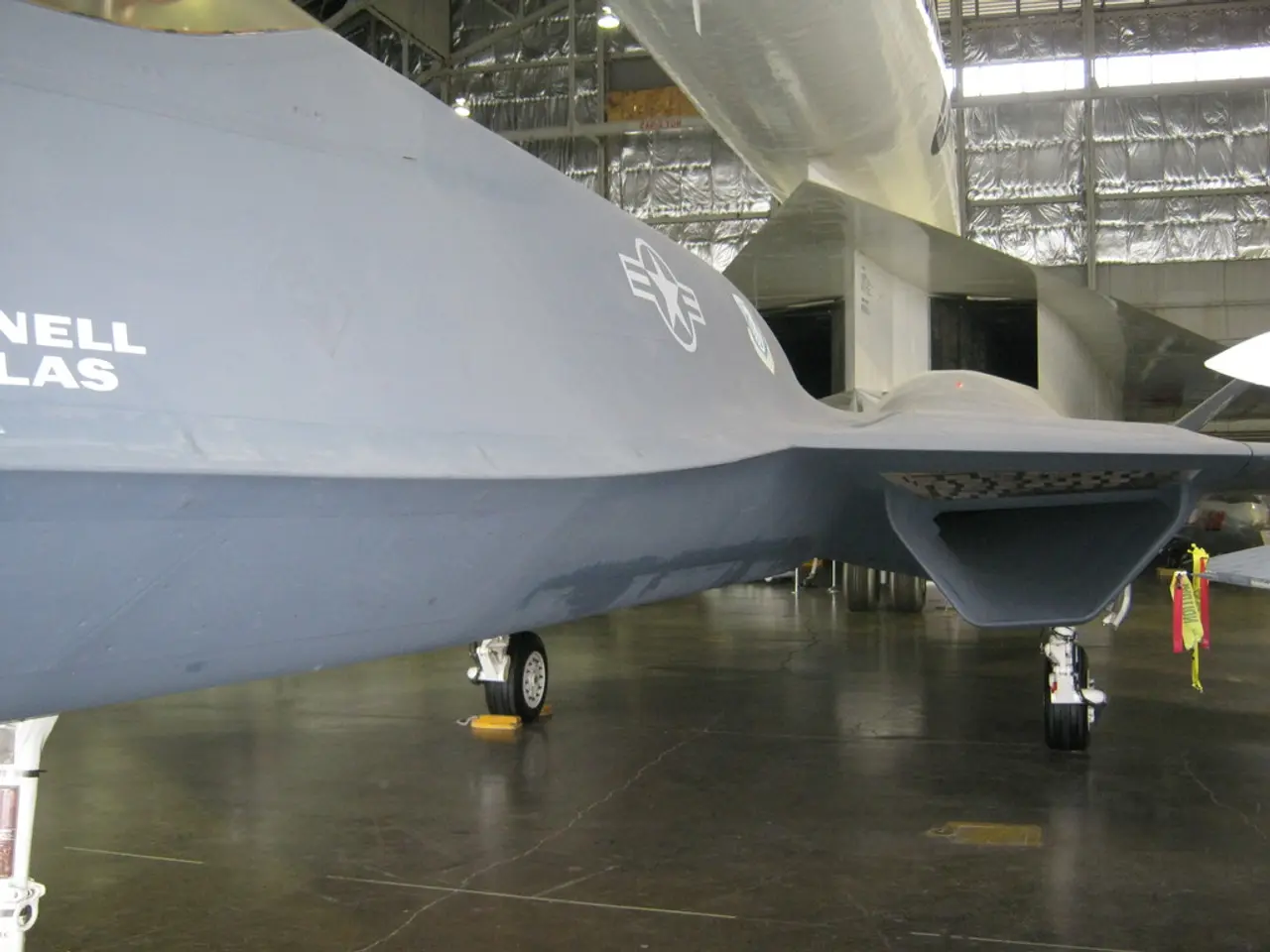United States Introduces Measures Limiting Mexican Airlines Due to Freight and Market Competition Issues
The U.S. government has taken decisive steps against Mexico in response to alleged violations of a 2015 bilateral air transport agreement. The U.S. Department of Transportation (DOT) announced significant measures on July 19, 2025, aimed at addressing Mexico's unilateral restrictions on flight slots and forced relocation of U.S. cargo carriers at Mexico City Benito Juárez International Airport (MEX).
The DOT characterizes these actions as a "blatant disregard" and "anti-competitive behavior" that violates the 2015 agreement. The dispute between the two countries has been escalating since 2022, with Mexico rescinding some flight slots previously available to U.S. carriers at Mexico City airport and mandating that all U.S. cargo operations relocate from MEX airport, citing construction delays that had yet to occur.
The U.S. DOT's measures seek to restore fair competition and market access rights established in the 2015 agreement. Mexican airlines are now required to file detailed operational information with the U.S. DOT, obtain prior approval before operating passenger or cargo charter flights to the U.S., and potentially lose antitrust immunity for the Aeromexico-Delta joint venture, effectively threatening to end the transborder JV.
The forced relocation of U.S. cargo carriers has increased costs and disrupted market stability, directly impacting American businesses. The Cargo Airline Association, which represents major carriers like ABX Air, Atlas Air, FedEx, and UPS, supports the U.S. government’s firm response, highlighting the disruption to critical cargo operations and raising concerns about safety and market uncertainty.
If Mexico complies, the U.S. may roll back these restrictions, restoring liberalized air services across borders. However, continued non-compliance risks further U.S. penalties and damage to bilateral aviation relations. The dispute sets a precedent on enforcement of liberalized air agreements and may influence future negotiations globally around open skies and competition policies.
The situation may lead to increased regulatory scrutiny of foreign carriers operating in the U.S. and tighter controls on joint ventures seen as anti-competitive. The DOT is yet to announce any decisions regarding Cuba licensing for forwarders. The specific operational costs incurred by cargo operators due to Mexico's decision to relocate all-cargo carriers were not addressed in the current paragraph.
Lauren Beyer, president of the Cargo Airline Association, has emphasized the importance of the U.S. actions against anti-competitive behavior. The U.S.-Mexico Air Transport Agreement has been confirmed to enter into force. The term "TRIPLE PLAYERS" was mentioned in the context of air cargo, but its meaning or relevance was not clear from the provided paragraph.
References: [1] IndexBox Market Intelligence Platform [2] U.S. Department of Transportation [3] Cargo Airline Association [4] The Wall Street Journal, "U.S. Takes Action Against Mexico Over Airline Dispute," July 19, 2025.
- The U.S. DOT's measures against Mexico's anti-competitive behavior in the global trade industry, particularly air transport, are intended to restore competitive market access rights as outlined in the 2015 bilateral agreement, and may impact the finance sector due to potential changes in the Aeromexico-Delta joint venture.
- The forced relocation of U.S. cargo carriers at Mexico City Benito Juárez International Airport has led to increased operational costs, market disruption, and safety concerns for the Cargo Airline Association members, which includes major companies like ABX Air, Atlas Air, FedEx, and UPS, thereby impacting the finance and transportation sectors.




